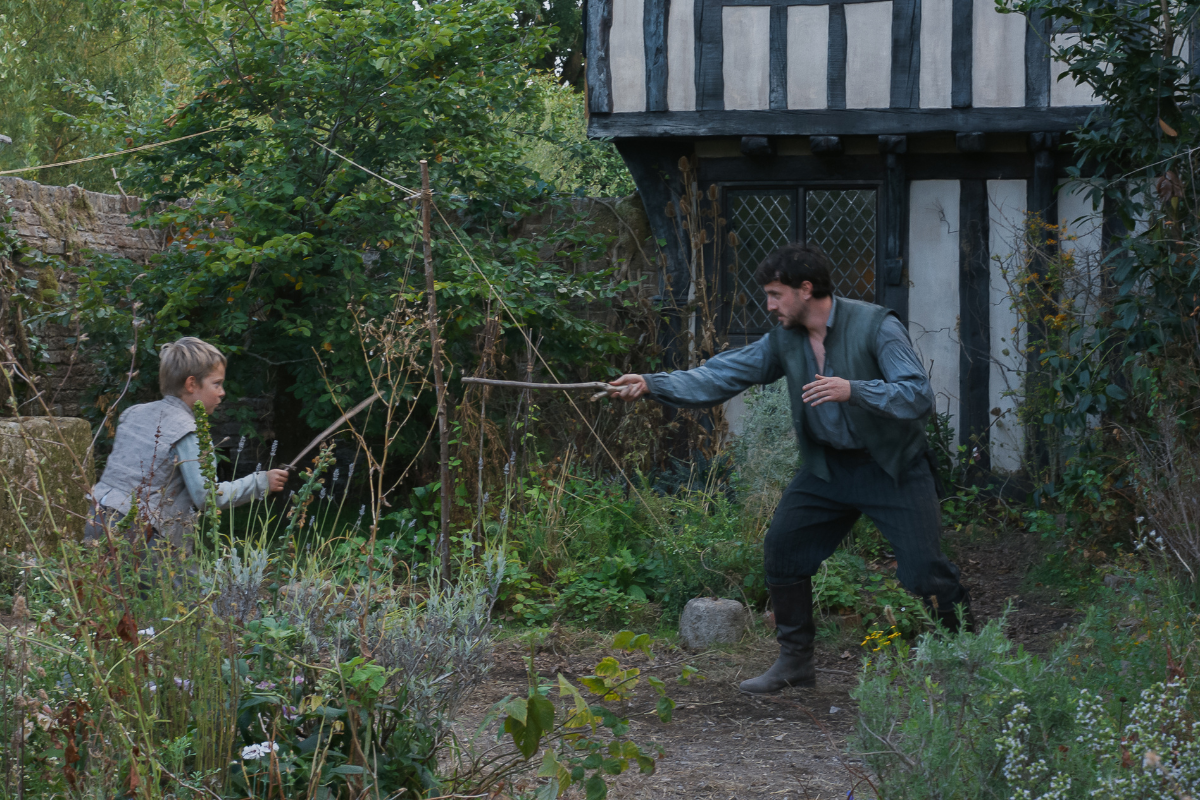WRITER’S WRAP UP: Better Storytelling with Character Development, Part 2
Paula Landry offers writing tips to better storytelling through effective character development.
Click to tweet this article to friends and followers!
Read part 1 of Paula's Character Development article.
YOUR CHARACTER’S POV
An effective character development exercise is to pit them against each other, akin to a smackdown between heroine and supporting character, or villain versus comic relief. Your characters will develop more fully as you pit them against eachother, bringing out contrast and as an added bonus, you will hone the voice of each of them.
Point of View, by Mohanraj Kolathapilly, October 8, 2004
https://www.flickr.com/photos/mohanraj/830470/
Creative CommonsAttribution-Share Alike 2.0 Generic
Imagine that coincidentally, all of your primary characters are in the same place at the same time. Writing in their point of view, how would each character react and what would they say in each of the following situations:
- At a formal Thanksgiving spread, but there is no food in sight, but plenty of booze is available
- Packed inside an elevator and the power goes out as the elevator screeches to a grinding halt
- Each character mounts a horse to begin racing in the Kentucky Derby
- Playing basketball in the Olympics on the same team
- Poised, in legwarmers and exercise attire, to start an advanced jazzersize class
- On the roof of a tall building, all holding umbrellas
Technical tips: I’m dating FadeIn and on a break from Final Draft, we’ll see how it works out. So far I really like the layout and clean way to navigate scenes. Anyone with comments about their screenwriting software love- or hate- affairs please give me a ping.
Apps to snack on:
Creative Whack Pack – love this, prompts and approaches for any artist to generate ideas and turn yourself upside down.
Write Or Die The name says it all. Warning, it can get scary.
AntiSocial Stops you from surfing to keep your focus.
Coffitivity Presto! You’re in Joes or at the Java Joint writing furiously!
Hemingway Whether you need it or not (I certainly do), an editor on tap.
GET DRIVEN
What drives your heroine/hero?
Whiplash is one of those movies that pushes you to care about what is driving the main character. How can Miles, a relatively young man, become so obsessed with drumming and drummers? His parents aren’t musicians, he must know that the chances of landing in a fantastic rock band, becoming an elite percussionist with the jazz greats, or a studio regular are elusive goals. Pictures of his idol hang all over his walls, and he practices until his hands are bloody, bandaging them and practicing harder. This drive of Miles keeps him in a dangerous place with an abusive instructor, yet still Miles risks everything, social ties, stability, even sanity. Once you read the script or watch the film - the relationship between Miles and his father, you start to suspect what is driving him.
Character development, indeed every action a character takes, stems from this question. If you know what is driving their actions, you can slowly infiltrate that into your story, or explode it into the climax as you so chose, but make sure you know it from the jump.
This exercise is easy and provocative:
- What about your characters childhood drives your heroine
- Who is your heroine’s idol and why
- What secret dream does your heroine keep from everyone
- Which parent is the most influential on your heroine
- What formative event motivates your heroine’s or hero’s every step
Rock your writing,
Paula
Get help creating characters to attract actors with Corey Mandells' webinar
How to Create Characters that Engage Your Audience
Paula Landry, MBA, is a writer/producer and consultant helping artists find deeper meaning in their work and create strategies to stay inspired, fusing business & creativity. Landry creates media business plans, marketing plans, movie budgets, coaching artists and teaching film business classes at NYU, SVA, Wagner College, The Actors Fund and MCNY. She’s co-authored The Business of FILM and Sell Your Screenplay in 30 Days, and is the author of Scheduling and Budgeting Your Film. Clients include Christie’s, Forbes, EW, GQ, Pearson TV, Game Show Channel to name a few. Her films have debuted at Sundance, CineVegas, winning awards from Columbia Pictures Screen Gems, Time Warner Showtime Audience Award, and WorldFest Houston Film Fest. Connect via LinkedIn, @paulalandry on Twitter, email: paula@paulalandry.com or Facebook #filmdreamers #mediaentrepreneurs #aflickchick







